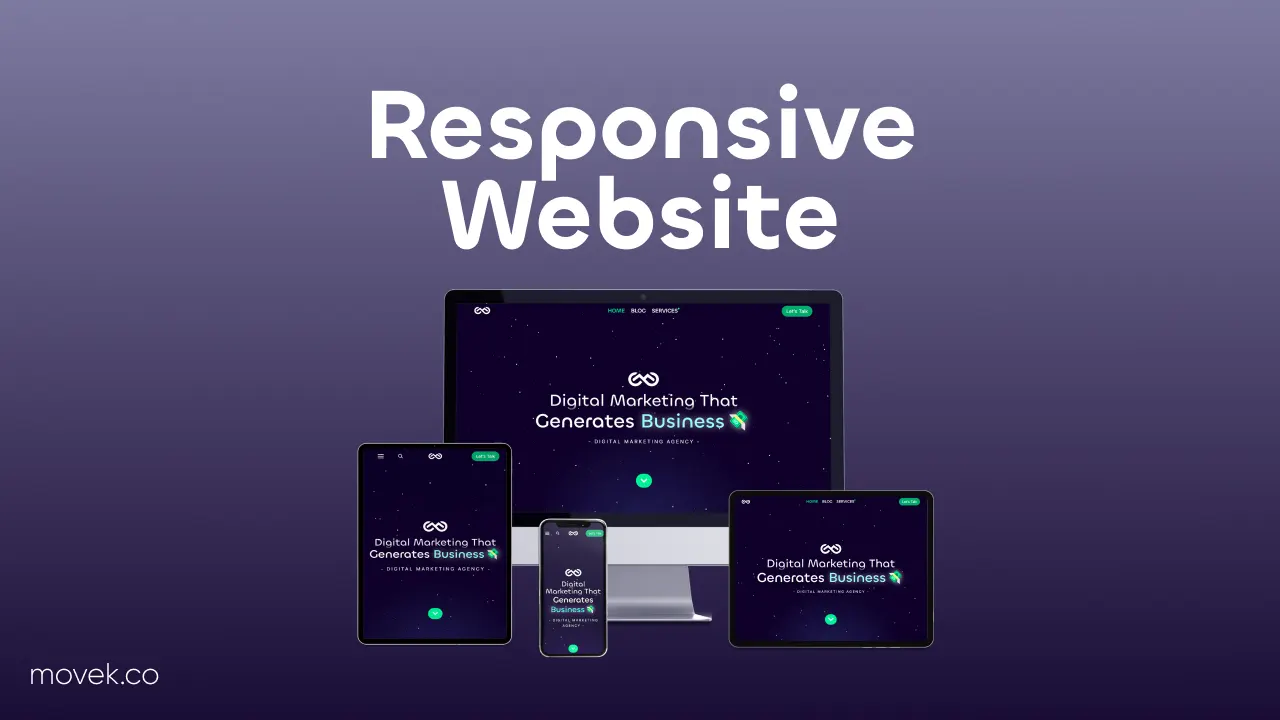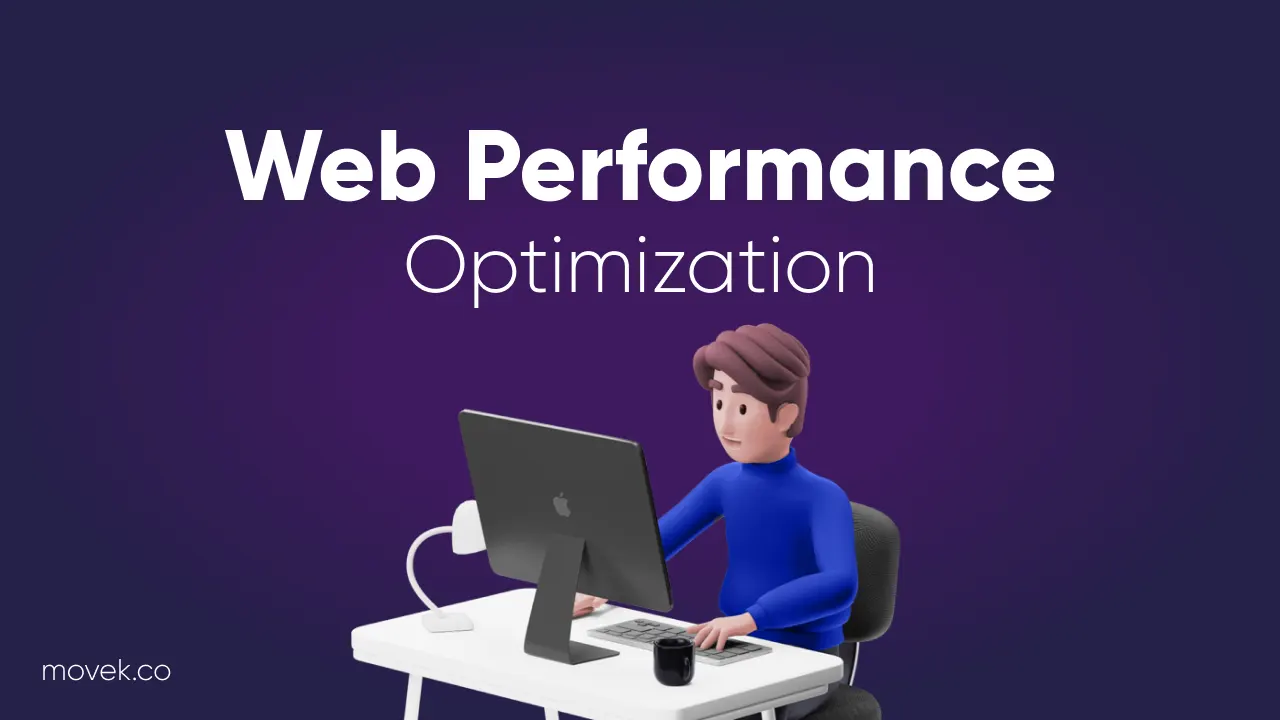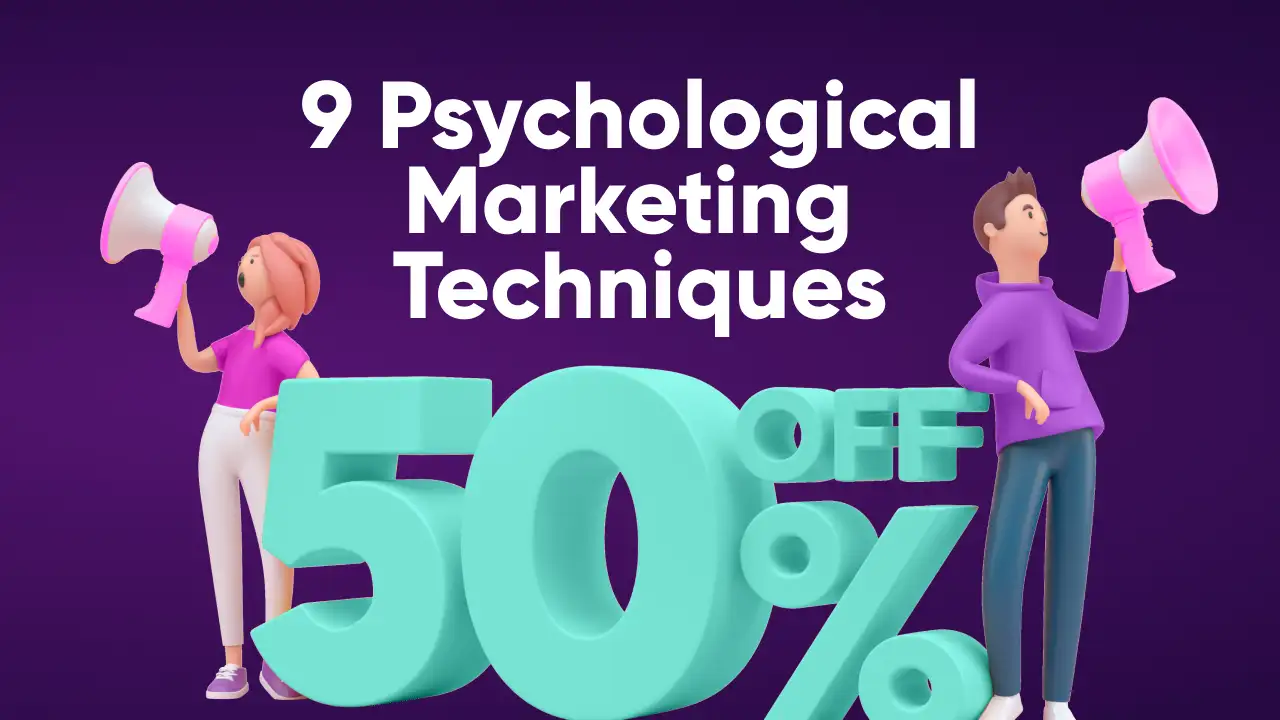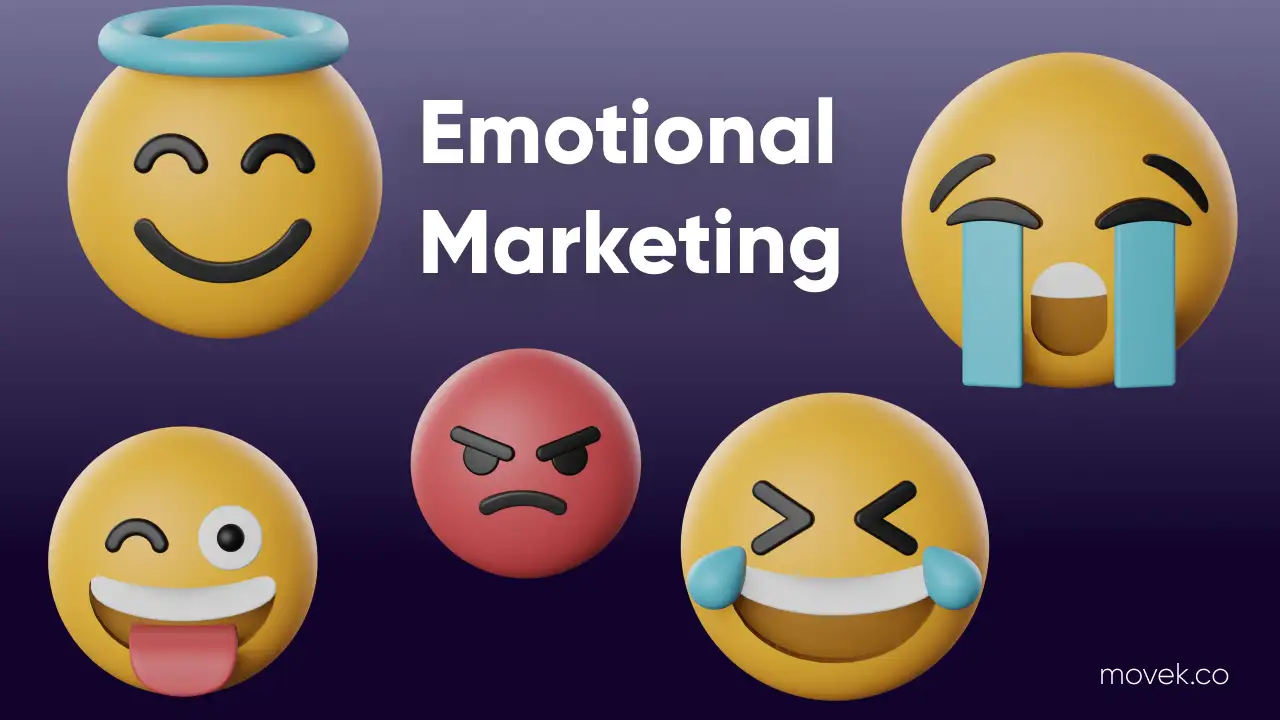
The answer to why SEO is important is simple: it helps you rank higher on Google. But here’s the thing – you’re not the only one trying to get to the top. In almost every industry, there are many other companies you’re competing with. That’s where Search Engine Optimization (SEO) comes in. It’s a powerful strategy that can boost your business in the online world.
What is SEO?
Imagine your business is a hidden gem in a big city. You have great products and a nice website, but if people can’t find you online, it’s like you’re invisible. That’s where Search Engine Optimization (SEO) helps – it makes your business easier to discover on the internet.
SEO uses tricks to make your website catch the eye of search engines like Google. So, when people look for things you sell, your site pops up at the top, no need for ads.
Why is SEO important for your business?
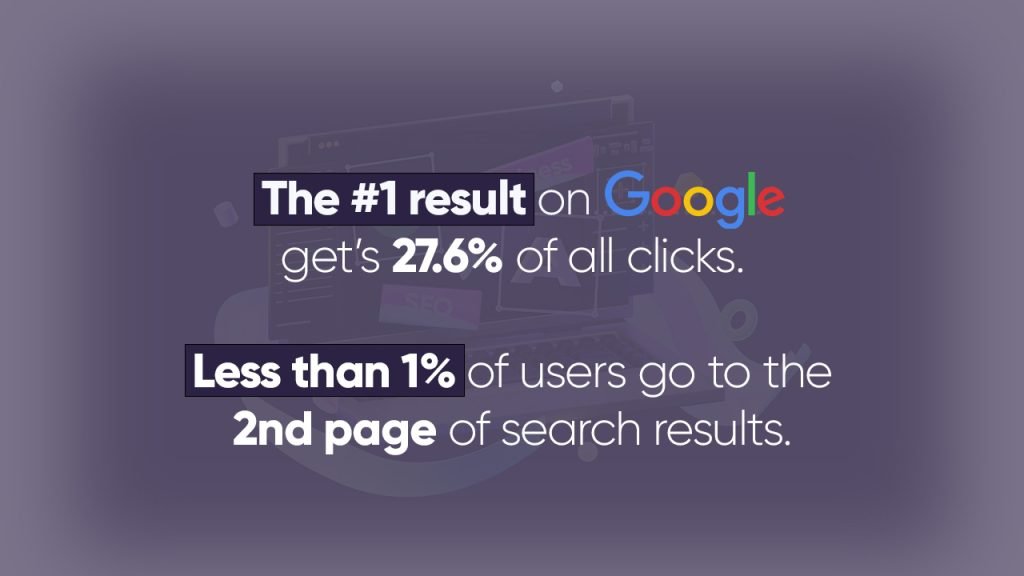
How many times when looking for a product/service in Google you go to 2nd page results? Exactly! Google has almost 90 billion views per month yet statistics show that less than 1% of users get to 2nd page of Google search results. Moreover, almost 28% of users click on the first search. Now how can you get to the 1st page or ideally to the 1st position? The answer is simple – good SEO. Even if you are using paid Google ADS, it is possible that your competitors do so as well. When deciding “who goes first” Google takes into account not only the paid ADS but also SEO.
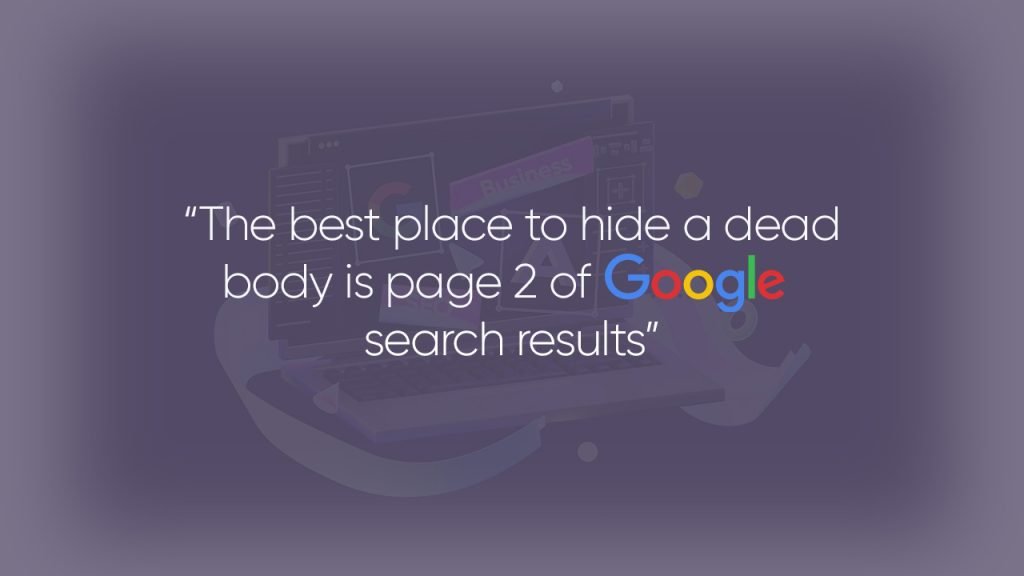
Source: Digitalsynopsis
5 SEO benefits for your business
1. Increased Web Traffic and Click-Through Rates (CTR):
SEO helps get more people to visit your site, but it’s not just about ranking high. The title and description of your page also matter. They should grab attention and be what people are looking for. A study found that most clicks go to the top three results, so aiming for the top is key for getting more clicks.
2. Higher Return on Investment (ROI):
SEO is a smart investment for the long run, even though it takes time. Many marketers find it more effective than PPC advertising. Results may not happen overnight, but when they do, they bring lasting growth and profits.
3. Enhanced Local Visibility and Foot Traffic:
Local SEO matters for businesses with physical locations. Optimize your Google My Business listing and maintain consistent info across local listings. This boosts local visibility and drives foot traffic. According to Google, 78% of local mobile searches lead to offline purchases. It shows the impact of local SEO on conversions for brick-and-mortar businesses.
4. Building Trust and Credibility:
Effective SEO builds trust and credibility for your brand. Backlink building and content authority are key to establishing trust with users and search engines. Research reveals that 75% of users don’t go beyond the first search results page.
5. Long-Term Sustainability:
SEO is a lasting strategy. You must continually optimize to stay relevant in search engines. HubSpot’s study shows old blog posts are crucial for website traffic, proving the long lasting impact of SEO-optimized content.
Types of SEO
1. On-Page SEO
On-page SEO focuses on optimizing individual web pages to improve their search engine rankings and attract organic traffic. It involves several key elements, such as:
- Keyword Research: Identifying relevant keywords and phrases that users are likely to search for when looking for products or information related to your business.
- Meta Tags: Crafting compelling meta titles and descriptions that accurately represent the page’s content and entice users to click through to your website from the search results.
- Content Optimization: Creating high-quality and valuable content that aligns with the target keywords, providing useful information to visitors and search engines alike.
- User Experience (UX): Ensuring your website is easy to navigate, with clear and intuitive site structure, allowing users to find what they need quickly and effortlessly.
2. Off-Page SEO
Off-page SEO revolves around building external signals and establishing your website’s authority and credibility. Key components of off-page SEO include:
- Backlinks: Acquiring high-quality backlinks from reputable websites and industry influencers, indicating to search engines that your site is trustworthy and valuable.
- Social Media Engagement: Actively engaging with your audience on social media platforms, sharing content, and building relationships, which can lead to increased visibility and brand awareness.
- Brand Mentions: Securing mentions of your brand or website on other websites, even without a direct link, as this can still contribute to your website’s credibility and recognition.
3. Local SEO
Local SEO is crucial for businesses with physical locations that want to target local customers. Key elements of local SEO include:
- Google My Business (GMB) Optimization: Claiming and optimizing your Google My Business listing to ensure accurate information is displayed to users in local search results.
- Local Citations: Building consistent and accurate business citations (mentions of your business name, address, and phone number) across various online directories and platforms.
- Localized Content: Creating content that is relevant to your local audience, such as location-specific blog posts, event announcements, or community involvement.
4. Technical SEO
Technical SEO involves optimizing the technical aspects of your website to ensure that search engines can crawl, index, and understand your content efficiently. Key technical SEO factors include:
- Site Speed: Ensuring your website loads quickly and smoothly to enhance user experience and satisfy search engine requirements.
- Mobile-Friendliness: Ensuring your website is optimized for mobile devices, as mobile responsiveness is crucial for both user experience and search engine rankings.
- Site Structure: Creating a logical and organized site structure, making it easier for search engines to crawl and index your content effectively.
5. Content SEO
Content SEO revolves around creating high-quality, valuable, and engaging content that resonates with your target audience. Key aspects of content SEO include:
- Keyword Integration: Incorporating relevant keywords naturally within your content to attract organic traffic and improve search engine rankings.
- Content Relevance: Ensuring your content addresses the needs and interests of your target audience, providing them with valuable information and solutions.
- User Engagement: Encouraging user engagement with your content through comments, social shares, and backlinks, which signals to search engines that your content is valuable and authoritative.
By understanding and implementing these various types of SEO effectively, businesses can unleash the full potential of their online presence and achieve greater success in the ever-competitive digital landscape. For the best results it is recommended to use the mix of all of them.
Wrapping up
SEO is a multifaceted strategy that can bring a wide array of benefits to businesses. Understanding the intricacies of SEO and staying up-to-date with the latest trends and best practices are crucial for achieving success in the competitive online arena. The next step – implementation. Seems complicated? You don’t have to worry about it! We will take care of everything so you can spend your time more productively working on your business!
Latest Blogs
What is Responsive Website?
Website Performance Optimization Tips (2023)
9 Psychological Marketing Techniques to Drive Sells
Boost Your Sales with Emotional Marketing
